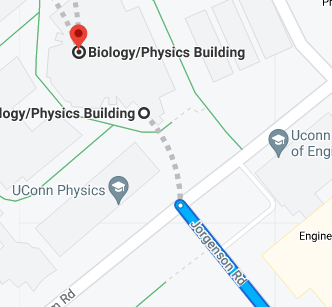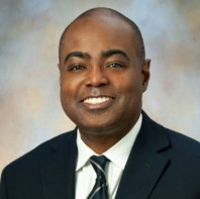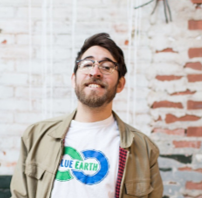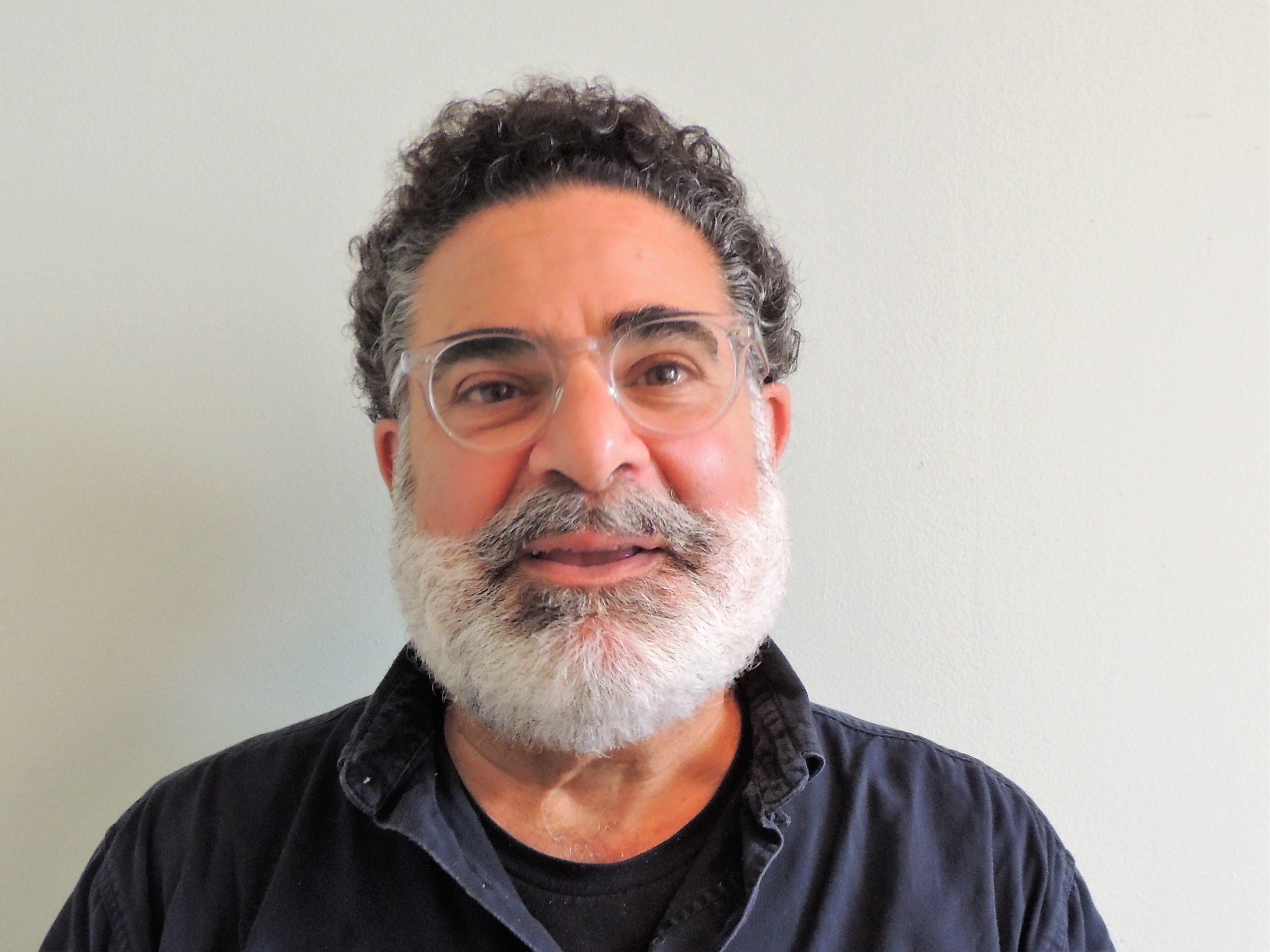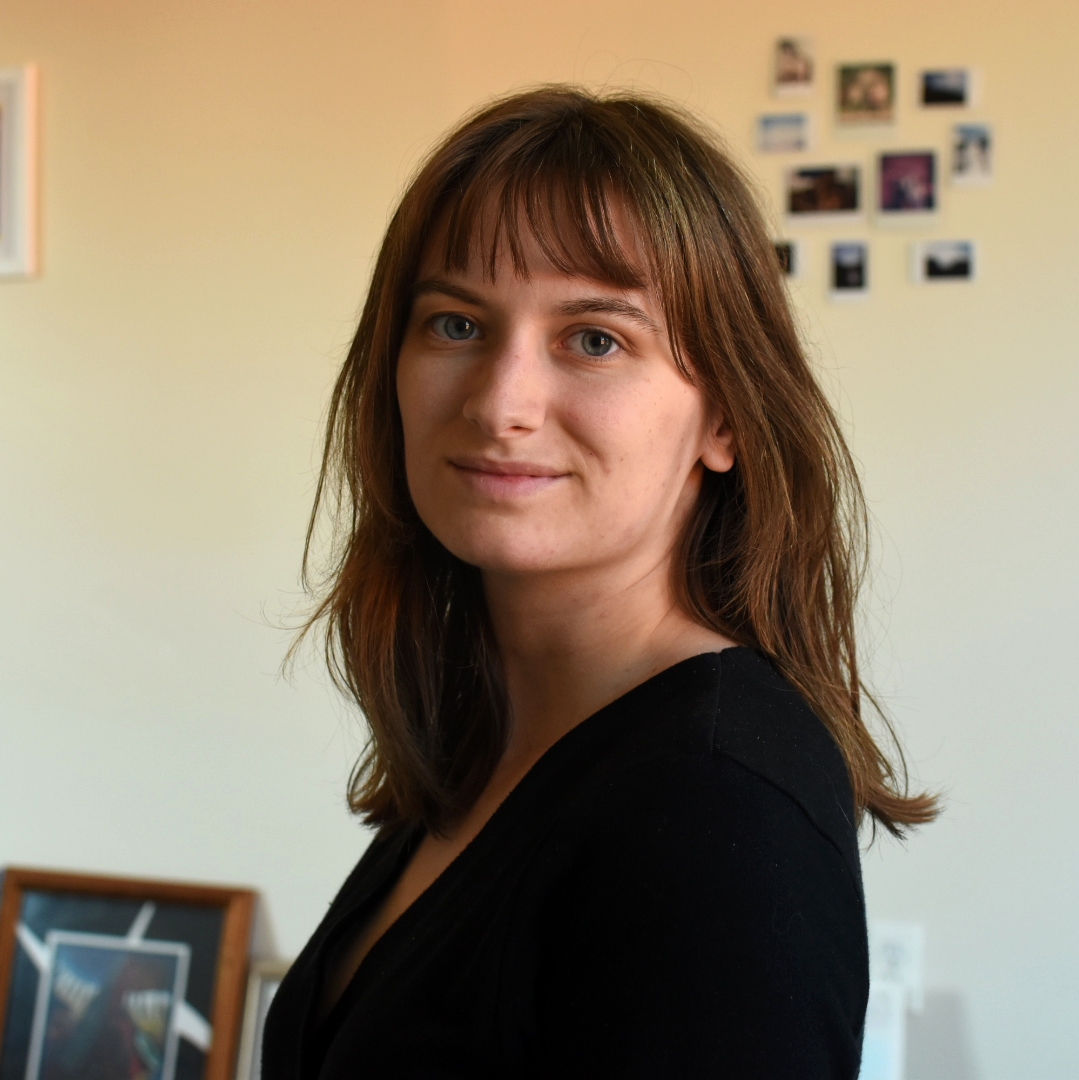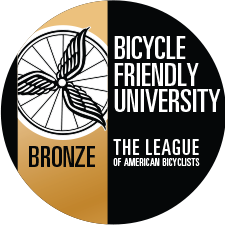Source: https://president.uconn.edu/communications/
To the UConn Community,
Yesterday, UConn organized a conference called Navigating Climate Change & Energy Security in the Northeast, bringing together educators, industry, state legislators, and our U.S. senators and representatives. Climate change is an existential threat, and we are fully committed to being a national leader in education, research innovation, and technology deployment to combat it. In addition, as the president of UConn and an internationally recognized expert in clean energy, I will work with the state, the federal government, donors, industry, and global partners to reduce UConn’s carbon footprint to carbon neutral by 2030.
UConn is already working closely with the state and industry to participate in new technology development, including making use of hydrogen as a clean energy source. Hydrogen can potentially play an important role in addressing the climate crisis, energy security, and resiliency. Though there are still significant challenges, zero and low-carbon hydrogen can be a key part of a comprehensive portfolio of solutions to achieve a sustainable and equitable clean energy future.
In 2019 when the President’s Working Group on Sustainability and the Environment examined UConn’s carbon emission reduction goals and our progress to achieving them, the landscape was different than it is today. As we were reminded yesterday during the conference by Senator Blumenthal and others, in November 2021 Congress passed and President Biden signed the Infrastructure Investment and Jobs Act (Public Law 117-58), also known as the Bipartisan Infrastructure Law. This historic, once-in-a-generation legislation authorizes and appropriates $62 billion for the U.S. Department of Energy (DOE), including $9.5 billion for clean hydrogen.
Furthermore, in August 2022, President Biden signed the Inflation Reduction Act (IRA) into law (Public Law 117-169), which provides additional policies and incentives for hydrogen, including a production tax credit that will further boost a U.S. market for clean hydrogen. Moreover, Connecticut, under Public Act 22-5 (2022) requires 100% zero-emission electricity to be supplied to in-state electric consumers by 2040. Thus, the nation, the state, and UConn are stepping up to accelerate progress in zero-carbon emissions through unprecedented investments in clean and sustainable energy sources and technologies, which includes planning for the creation of our own microgrid at UConn.
Our Sustainability Action Plan will be posted on the president’s website in the spring and will clearly outline our vision, goals, and targets for sustainability initiatives on our campuses and in our communities. We will post the new initiatives monthly and annually review our goals and achievements to help us understand where we are going and how we will get there. UConn’s leaders and experts in clean energy will work closely with our many students who are passionate and active in the area of sustainability and the environment, focused on addressing climate change and environmental equity.
Over the years, significant investments have been made in many areas at UConn, including research, education, planning, staffing, conservation, infrastructure, and operations. Our next step will be the deployment of clean energy technologies, such as those capable of capturing the CO2 created by our co-generation plant. U.S. Secretary of Energy Jennifer Granholm visited UConn in May 2022 to highlight the importance of clean energy, noting UConn’s major contributions to the field. She stated: “It’s just really an exciting time to be in this energy space. We feel like we’re in the middle of history being made.”
At UConn, we have a legacy of making that history. I would like to summarize our Sustainability Performance Plan and ongoing implementation efforts toward that future and define obtainable goals for the 2022-2023 academic years.
Highlights:
- As of FY2021, UConn has achieved a 45% reduction in Greenhouse Gas Emissions below the benchmark year of 2001 while nearly doubling the size of the Storrs campus via the UConn 2000 and Next Generation Connecticut programs. This growth is required for UConn to develop the talent required to meet the challenges of climate change. This places UConn well ahead of the state’s interim goal of a 45% reduction by 2030 as we move toward reducing our carbon footprint to carbon neutral by 2030.
- Our intense focus has been on addressing Scope 1 (direct from sources controlled by UConn) and Scope 2 (indirect from the purchase of electricity, steam, heat, or cooling) emissions which originate from the need to power, heat, and cool the university. First, by reducing the overall amount of energy required through Conservation Measures, UConn has achieved a significantly lower carbon footprint than peers such as Cornell and UMass Amherst. Secondly, by reducing purchased energy using state-of-the-art combined heat and power, which is cleaner than the regional grid and allows 90% of campus power to be produced while capturing enough exhaust energy to heat and cool 67% of the campus – all with zero additional carbon required.
- At our Depot Campus, UConn commissioned our new HyAxiom Fuel Cell on Aug. 16, 2022, which provides 100% of the power required for the campus plus cooling for our Center of Clean Energy Engineering (C2E2) high bay research laboratories. This Power Purchase Agreement provides state-of-the-art technology that is hydrogen economy ready. The concepts and research within C2E2 are realized immediately outside the lab in a viable commercial partnership which significantly lowers emissions and operating costs.
- Governor Lamont has positioned Connecticut to become a leader developing the hydrogen economy as a founding member of the regional clean hydrogen hubs designated through the federal Clean Hydrogen Hubs program included in the 2021 federal Infrastructure Investment and Jobs Act (IIJA). UConn is partnering with our peers in New York, New Jersey, Maine, Massachusetts, and Rhode Island. The IIJA includes historic levels of funding for hydrogen research and development as well as deployment of clean hydrogen infrastructure. UConn’s longstanding leadership in fuel cell development positions us as leaders in hydrogen development since fuel cell technology can produce, store, and generate electricity from hydrogen.
Several other locations for renewable energy are being evaluated at UConn and UConn Health. Our new South Campus Residence Hall and Mansfield Apartments projects are evaluating the synergy of geothermal systems with hydrogen economy ready fuel cell systems and combined heat and power microgrid systems for resiliency. Our new Science 1 research building opening this academic year will have a 520-kW solar PV roof to complement the Werth Residence Hall solar PV, which has avoided more than 241,000 pounds of CO2 since 2017.
Facilities Operations is essential to operating and maintaining the renewable and sustainable assets on our campuses. A reorganization of leadership is in process to refocus resources in the world of climate change and carbon footprint reduction. The life cycle costs of carbon, social justice, equity, market availability, and future proofing will be included in the calculations to determine project viability. This retooling takes existing resources and sets priorities to accelerate our current sustainability efforts, seeking to double the historic rate of reduction to meet the increasing pace of global warming. Facilities Operations has transitioned its Transportation staff into Scope 3 (result of activities from non-UConn controlled assets that impact the value chain) emissions reduction task force.
Research teams are essential to tackling the growing threats of climate change. Opportunities are abundant for our students and staff to engage on topics as diverse as Extreme Weather and Its Impact on Our Shorelines and Critical Infrastructure, Removing Microplastics from Wastewater, Sustaining the Food Supply, Diversity and Inclusion, Human Rights on Global and Local Scales, Eversource Energy Center Storm Outage Prediction, and Microgrid Resiliency.
We started a climate venture studio to attract new start-up companies to UConn and Connecticut with the significant support of R/GA Ventures and our state. Learn more at: www.futureclimateventurestudio.com.
The entire UConn community can serve as champions for fighting climate change and in supporting clean energy implementation, and we will provide significant workforce development for our state in this area.
We are putting our university on an accelerated path to net zero emissions for buildings and our energy supply as well as significantly reducing greenhouse gas emissions to become carbon neutral by 2030.
As I said, I believe in our students and am looking forward to working together and inspiring even greater student engagement in the fight against climate change and for green energy.
Leading with love for all,
Radenka
UConn is a great university.
But it’s more than that. A top-ranked research institution, with campuses and staff across Connecticut, built to inspire the global community that is UConn Nation. UConn’s talented students exceed expectations. Our expert researchers, faculty, staff, and alumni drive Creativity, Innovation, and Entrepreneurship (CIE) for a better tomorrow. We fuel the State’s economy and are committed to inclusivity in benefiting the greater good. This is UConn.
STUDENTS FIRST, UCONN ALWAYS. HUSKIES FOREVER.
Dr. Radenka Maric
President | University of Connecticut
Office of the President: 860.486.2337
radenka.maric@uconn.edu
Twitter: @UConnPresident
Instagram: @UConnPres
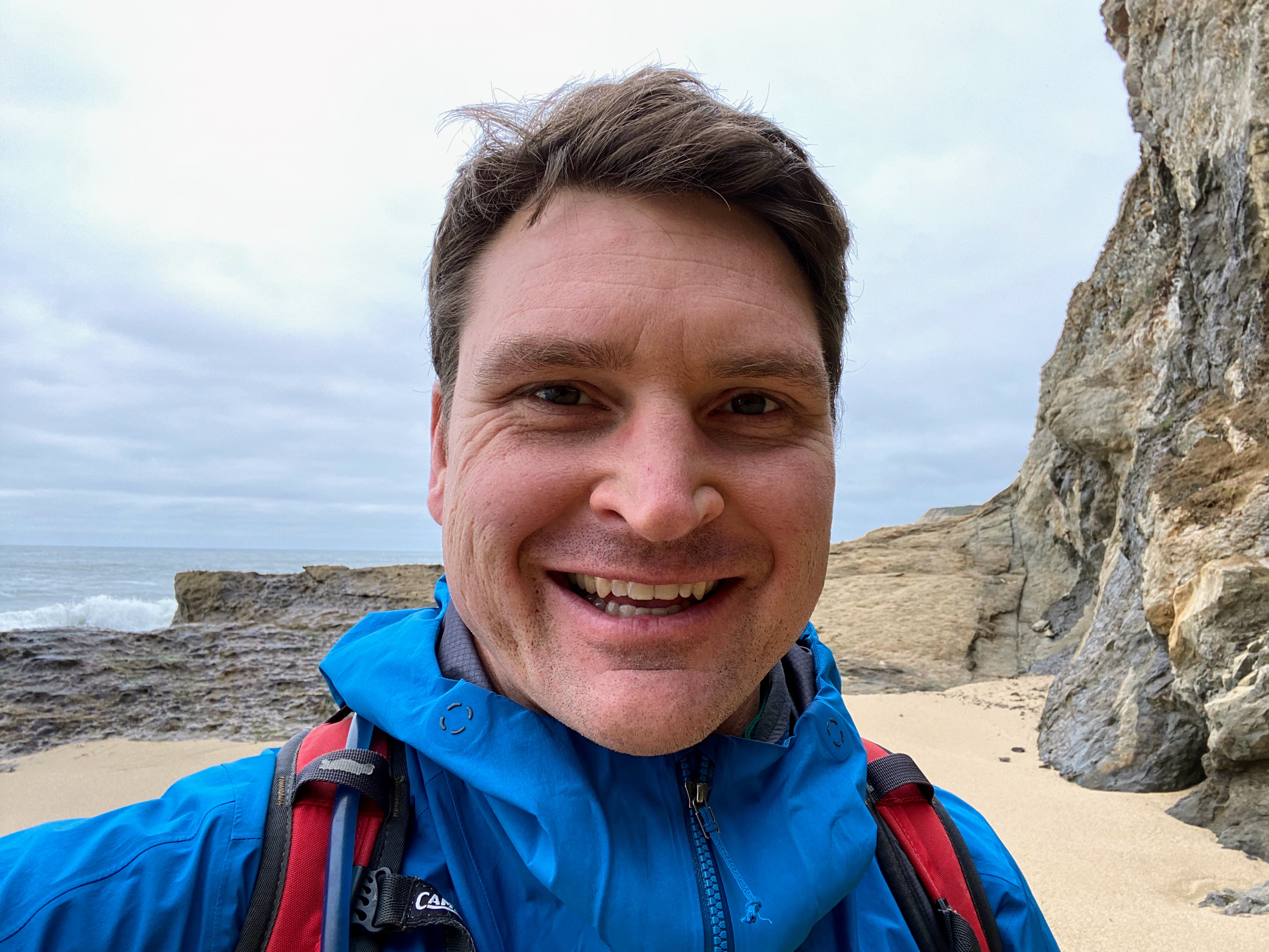 As director, Joe Fullerton will work with senior UConn administrators, students, faculty members and staff members to set and achieve sustainability goals for the university in areas like; climate action and resilience, energy and buildings, waste reduction and diversion, water resources, food and dining, grounds, purchasing, transportation, open space and natural resource stewardship and the intersection of these issues with environmental and social justice. The Office of Sustainability (OS) develops outreach and engagement programs that feature experiential learning to raise awareness and improve performance around sustainable practices and behaviors related to campus life and beyond.
As director, Joe Fullerton will work with senior UConn administrators, students, faculty members and staff members to set and achieve sustainability goals for the university in areas like; climate action and resilience, energy and buildings, waste reduction and diversion, water resources, food and dining, grounds, purchasing, transportation, open space and natural resource stewardship and the intersection of these issues with environmental and social justice. The Office of Sustainability (OS) develops outreach and engagement programs that feature experiential learning to raise awareness and improve performance around sustainable practices and behaviors related to campus life and beyond.